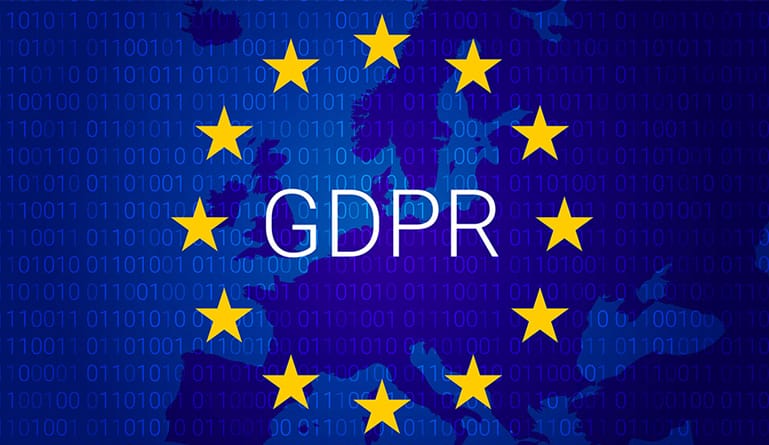Marketing technology must change to be more GDPR compliant.
The GDPR is important for companies to create and gain more trust between themselves and their consumers.
General Data Protection Regulation, or GDPR, was put in place to strengthen and unify data protection. GDPR is important because it clarifies that companies who process personal data must ensure this data is safeguarded and protected.
GDPR Impact on Marketing and Advertising Professionals
With GDPR in effect, organizations will have to be specific about what will happen to customer’s data. With this regulation, customers have the right to withhold consent for their data to be processed. Tracking this consent is mandatory for businesses to do and they have to know when consent is given by the customer. Some companies find that this regulation slows down marketers and restricts their ability to target consumers based on their personal data. With GDPR, businesses must adapt to survive. A great way to do this is to analyze how data is collected, recorded, stored, disclosed, retrieved and erased. Businesses must be GDPR compliant so it is important to understand the data protection law and ensure the company is still thriving regardless of the EU general data protection regulation.
Implications of the GDPR for Marketing
The GDPR will go into full effect on May 25th, 2018 and all businesses must be compliant by that date. Before the EU decided to implement the GDPR, marketers could obtain lots of data about consumers that made it easier to directly market to people with things that appealed to them specifically. Marketers could do this because they were constantly gathering data from consumers but now, consumers must give consent for marketers to gather their data.
According to the GDPR, companies cannot be unambiguous about what the data collected from the consumers will be used for. Silent consent, pre-clicked boxes or inactivity does not constitute consent. Companies must also allow consumers to withdraw consent at any time. GDPR marketing consent must cover all processing activities carried out for all purposes. The GDPR should not scare companies but should be taken seriously and new methods of collecting data should be put in place.
What Marketers Need to Know About ePrivacy Law
The GDPR is essential to create trust between companies and consumers. When a company does not want to share the reason why they are collecting consumer data, they probably shouldn’t be collecting that data, to begin with. Companies and marketers should care about e-privacy laws because most customers today feel like they have no privacy anymore and privacy is a thing of the past. With this type of mindset, consumers are less likely to trust companies and give them their business.
Even though most consumers agree that privacy is a thing of the past, many are not opposed to companies tracking their buying behaviors, especially if the result was more relevant offers. This is a huge reason why the GDPR was put into place. The GDPR allows consumers who don’t mind sharing their data to do so and consumers who don’t want their data shared to keep their privacy. There are a few things marketers can do to comply with these regulations and keep consumer experiences positive. Avoid multiple intrusions, use automation whenever possible and give customers control.
Online privacy is becoming more and more important and helps create more trust between the consumer and the company. The European data protection law seeks to create more trust between consumers and companies and allow consumers to decide whether they want to share their data or not. When consumers don’t trust a company, they are not likely to give them their business and without business, companies can not survive. The GDPR does not need to change marketing significantly, marketing just needs to be compliant with new regulations.





